“While human fatalities from sharks average six per year, humans kill 100 million sharks every year.” – William McKeever
“Kill sharks and you kill the marine ecosystem,” says William McKeever, whose ground-breaking book, Emperors of the Deep, reveals new research on why these magnificent creatures are essential to maintaining the health of our planet. Forget almost everything you learned about the unstoppable killing machine in Steven Spielberg’s Jaws. Emperors of the Deep takes us into the natural habitats of four Shark species – Mako, Tiger, Hammerhead, and Great White. We learn for the first time about the secret lives of these intelligent, misunderstood creatures. Did you know that while sharks account for only 6 human fatalities a year, humans kill one hundred million sharks each year?
In his book, McKeever interviews world renowned shark experts, and for the first time, shares perspectives on the integral role sharks play in maintaining our marine ecosystem. Tragically, these guardians of the ocean are on a path toward extinction from both human hunters and climate change.
What can we do to protect them? Earth Day is now a global event with more than one billion people participating in 192 countries. The Global Search for Education welcomes William McKeever, author of Emperors of the Deep.
“Kill sharks and you kill the marine ecosystem.” – William Mckeever
Bill, your love and passion for sharks are inspiring and fascinating – mysterious ocean creatures that are arguably the world’s most feared predators. What made you want to focus on sharks?
I have always been fascinated with sharks, even as a child going to the beach on Cape Cod and New Jersey with my parents. To me, sharks are remarkably beautiful animals. They also play a key role as apex predators and they are the most important ones in the marine ecosystem.
Moreover, I focused on sharks because scientists have uncovered a tremendous amount of exciting new information about them in the last five years. We know, for example, that the thresher shark hunts with its tail, not with its mouth. Epaulette sharks can literally walk on top of the reef at low tide in search of prey. The great white shark dives over 4,000 feet in the ocean and hammerhead sharks travel thousands of miles using the earth’s magnetic field as their compass.
I want you to share your story about the one thing that has surprised you most in your research and work with sharks so far.
I was concerned about swimming far out in the ocean due to watching the movie Jaws as a youngster. However, when I did the research and talked with scientists, I realized my fear was misplaced. While we need to respect sharks, they are not man-eaters and attacks are usually due to mistaken identity for prey.
I concluded that we need to flip the logic; sharks need to fear humans. While human fatalities from sharks average six per year, humans kill 100 million sharks every year. Much of this massacre occurs for Chinese shark fin soup. However, sharks are also killed to make cosmetics and cartilage supplements, both of which can be sourced elsewhere. We cannot be callous to the destruction of sharks just because many people don’t like them. If we strip away the unwarranted fear, the massacre is unjustified.
“The youth are crucial to ending global warming because they can educate their parents about what needs to be done.” – William McKeever
Why are sharks seriously misunderstood? What images should people have when talking about these big fish?
The media has perpetuated the myth created by the movie Jaws, which is that sharks are man-eaters and dangerous. People should view them as majestic animals that also play a crucial role in the marine ecosystem. People don’t appreciate that when sharks are killed, a keystone species is removed from the ocean forever. These animals maintain the reefs, guard the seagrass and watch over ecosystems on the high seas for the benefit of the planet and for all mankind.
The emperors of the ocean are on a path toward extinction from both climate change and human hunters. What can each of us do to stop the tragedy from happening?
Each person can play an important role in stopping this tragedy. Mankind is overfishing the oceans today and many species like makos and bluefin tuna are threatened or endangered. As consumers, we can have a huge impact by buying seafood that is caught sustainably and does not harm sharks. For example, with canned tuna, five sharks are killed for every ten tuna caught. We can switch to “pole and line” caught tuna which catches one fish at a time and does not kill sharks. Consumers must make sure that whatever seafood they buy, the process does not leave in its wake the destruction of fisheries.
We can also urge regulators nationally and internationally to put in place the laws to protect these magnificent animals. Legislation is pending in Congress that puts an end to trading in shark fins in the United States. If people contact their legislators, Washington will know that they need to pass this legislation now.
“This young generation has literally the weight of the world on their shoulders and they must be prepared when they take over.” – William McKeever
Creative storytelling is often the most impactful way to bring about positive change in the world. What do you hope to see more in future documentaries and other media products about our planet and the animals dwelling on it?
My documentary film, Emperors of the Deep, is 80 minutes in length and focuses on the same issues as the book. It helps to dispel these naive notions about sharks as dangerous and explains why sharks are so important to the ecosystem. As I explain in the film and book, apex predators are desperately needed. The best example is what happened to Yellowstone when the wolves were removed. The landscape deteriorated: rivers meandered more, beavers and lynx died off and some tree species disappeared. The National Park Service realized their error and brought wolves back to the Park. When they were reintroduced, the wolves brought the Park back to its original glory.
The same outcome takes place on the oceans when apex predators are removed. Kill sharks and you kill the marine ecosystem. Where sharks have been overfished and removed, reefs lie crumbling and seagrass disappears. Apex predators don’t kill life, they bring life.
I would like to see other films continue similar work as in my documentary. Films and books need to focus on ocean warming and marine apex predators that are in serious trouble such as bluefin tuna. I have decided to devote my life to ocean conservation. The goal of my books and documentary films is to help educate the public about the importance of protecting our most precious possession on this planet, the oceans.
In addition, the media needs to stop covering sharks in a way that focuses on them as terrifying beasts. The media portrays shark encounters today as vicious attacks. In reality, it is more accurate to describe them as mistaken identity and if there is an attack, it is nothing more serious than a “bite” without any major injury. This current media mania over sharks needs to change now.
As a nature conservationist, how should the topic of climate change be taken seriously by global citizens? What role should educators play?
Global warming has the potential to permanently damage the planet and there is no topic more important for students to learn. Education can provide the science and knowledge around this issue. Moreover, we need to bring reason and rationality to the debate, and education is going to be crucial to achieve that goal. Without an educated public, we will not be able to solve our problems.
Greta Thunberg has become a role model for youth in the climate action crisis. Do you believe the youth movement can build on her initiative and stop the process of global warming? Should we be hopeful?
I believe strongly that there is hope, but time is running out. The world needs to act now before it is too late. Mankind desperately needs a youth movement and more people like Greta Thunberg. The youth are crucial to ending global warming because they can educate their parents about what needs to be done.
The current leadership, which has failed to protect the planet, will inevitably be replaced by a new generation. Education can give youth the knowledge and information so that when they take over, they can implement the changes necessary to protect the planet, and ultimately save mankind. This young generation has literally the weight of the world on their shoulders and they must be prepared when they take over.
(Photos are Courtesy of Jillian Morris and Duncan Brake)
C M Rubin and William McKeever
Thank you to our 800 plus global contributors, teachers, entrepreneurs, researchers, business leaders, students and thought leaders from every domain for sharing your perspectives on the future of learning with The Global Search for Education each month.
C. M. Rubin (Cathy) is the Founder of CMRubinWorld, an online publishing company focused on the future of global learning and the co-founder of Planet Classroom. She is the author of three best-selling books and two widely read online series. Rubin received 3 Upton Sinclair Awards for “The Global Search for Education”. The series which advocates for all learners was launched in 2010 and brings together distinguished thought leaders from around the world to explore the key education issues faced by nations.
Follow C. M. Rubin on Twitter: www.twitter.com/@cmrubinworld


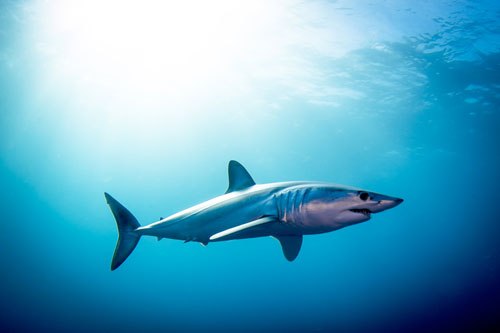
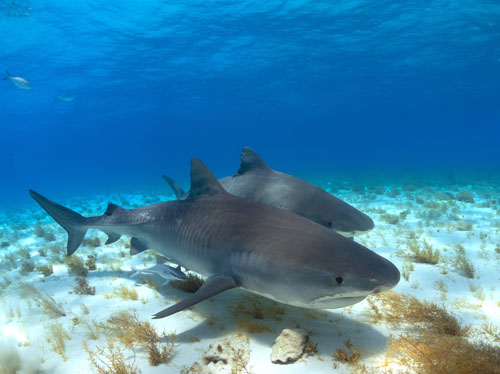
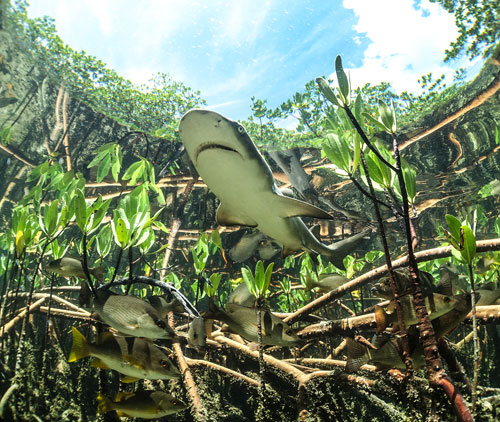
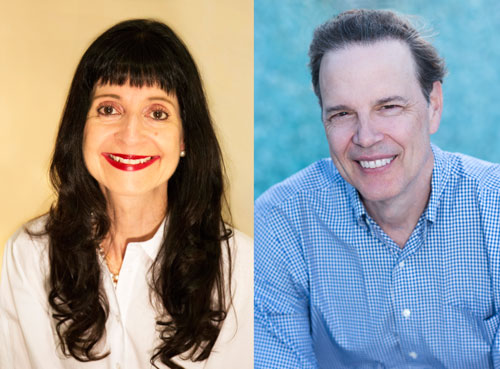
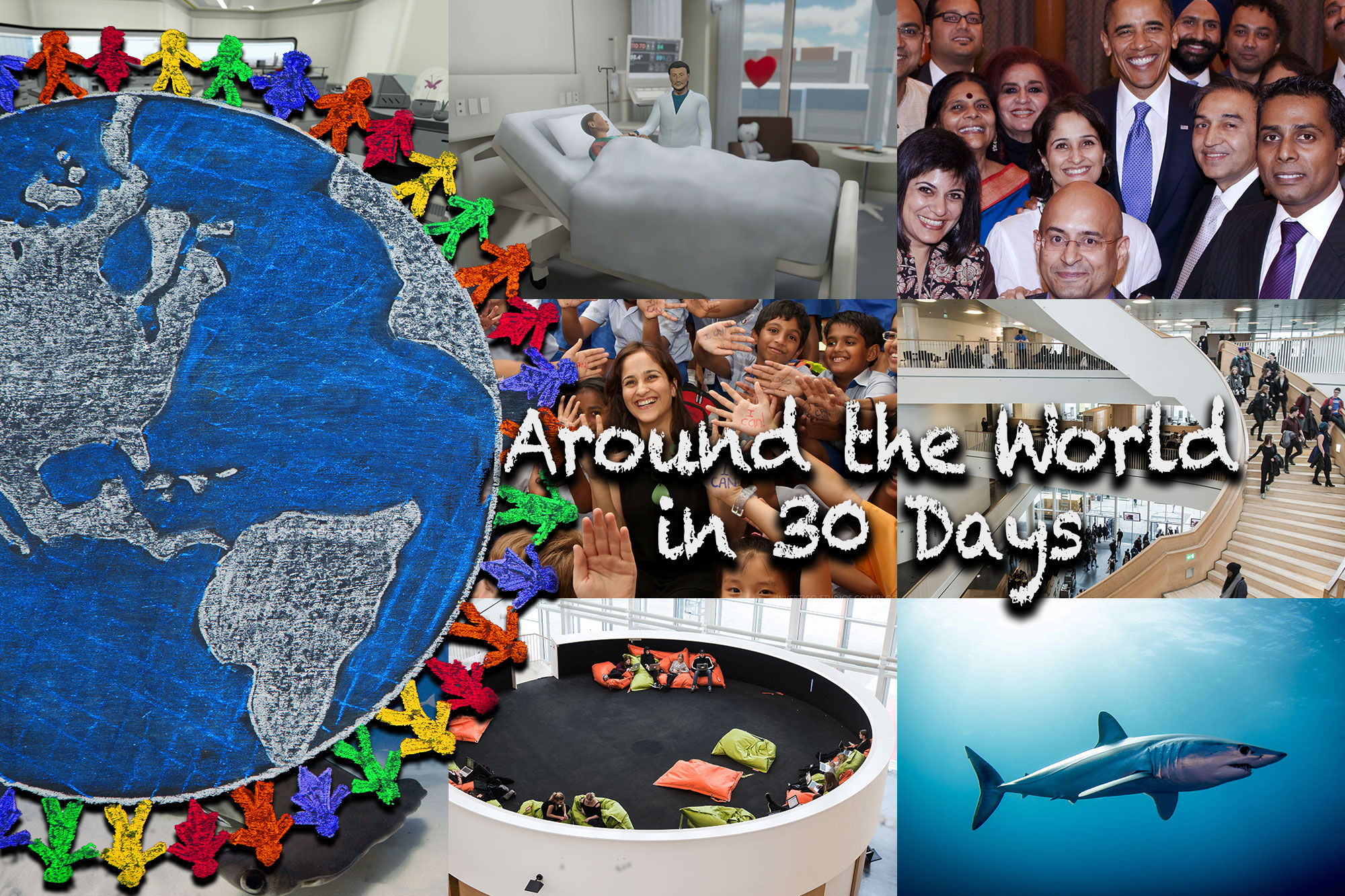
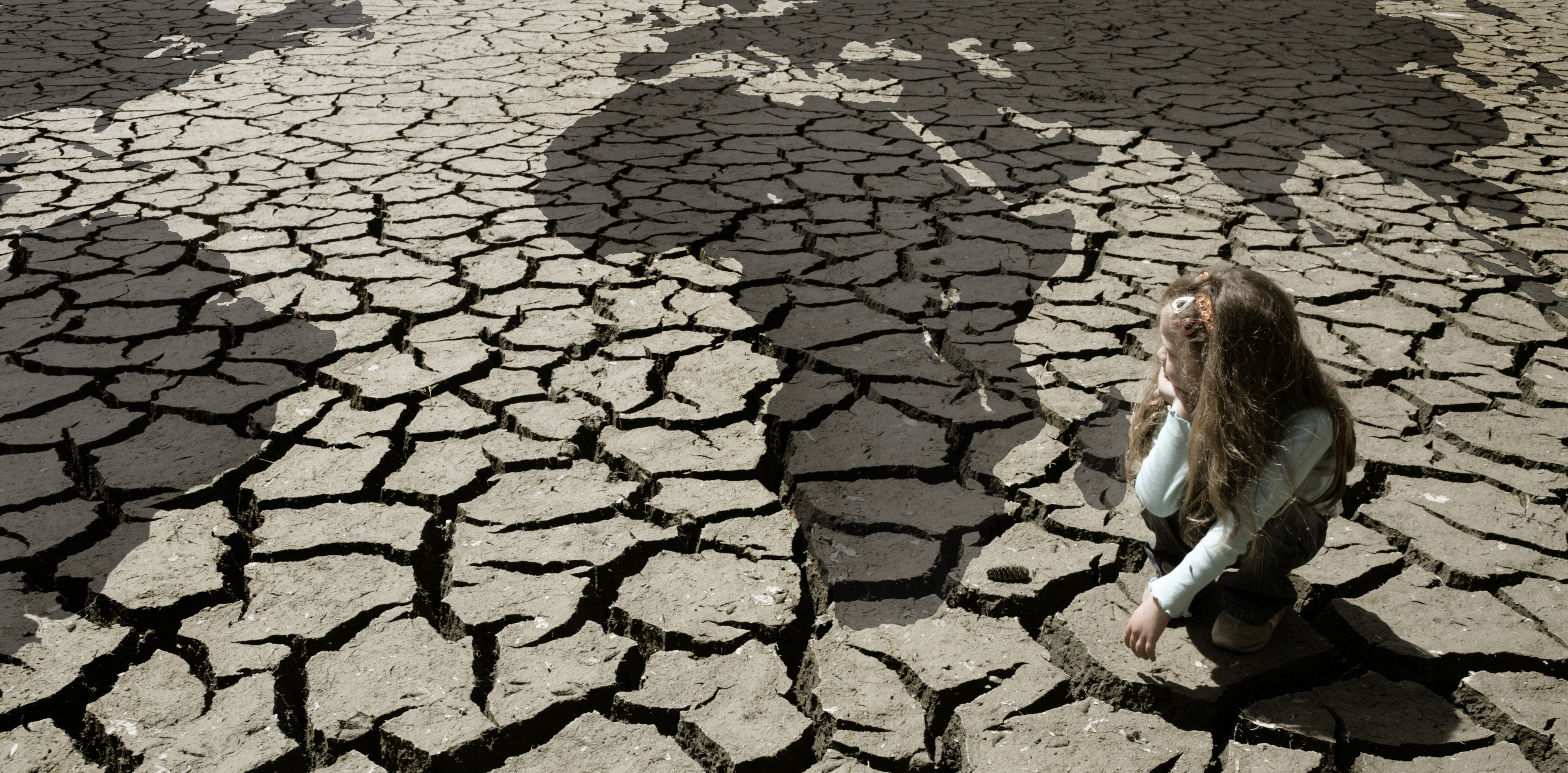

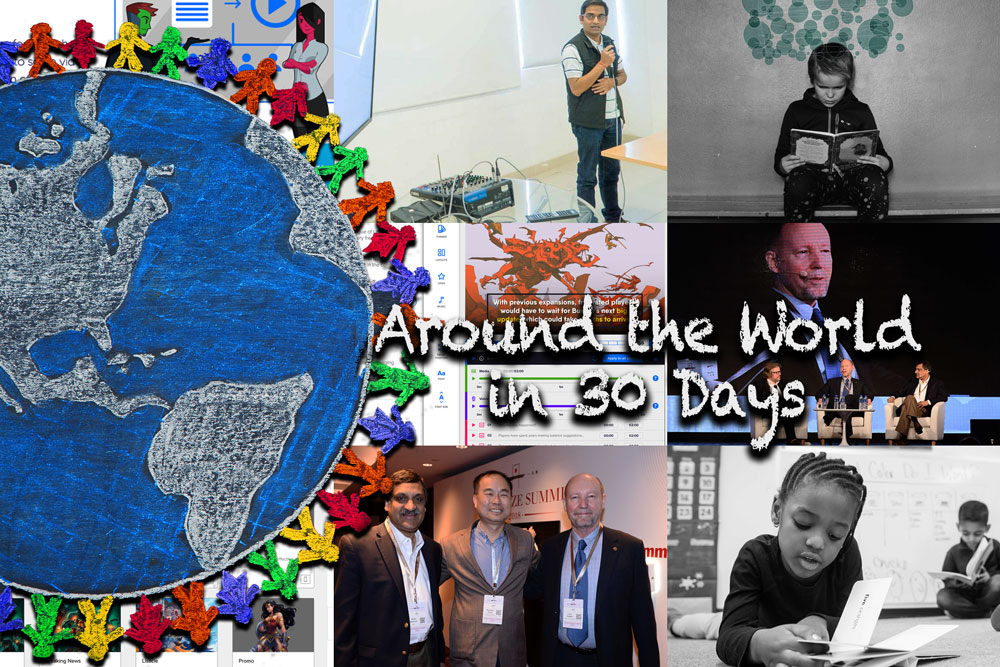
Recent Comments